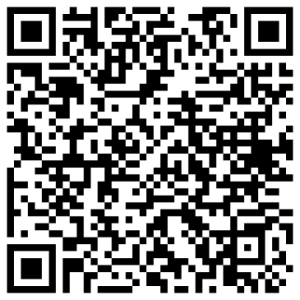The New Zealand Ukulele Trust | Te Rūnanga Ukurere o Aotearoa is a volunteer-run charity inspired by Bill Sevesi’s dream that every child would learn to play the ukulele. For over 15 years, the Trust has been dedicated to improving access to music for New Zealand children.
Our core music education programme is the Kiwileles programme which celebrated 15 years in 2021. Through this programme, we provide schools with an online teaching resource – the Kiwileles Songbank. The song bank contains graded songs and waiata specifically chosen and arranged by educators and musicians for NZ tamariki with something to suit all abilities. Musical styles are varied, and riffs, chords, words, scales, and notes about the music are included. User -friendly, engaging, and well-supported by the NZ Ukulele Trust, these resources will support teachers who may have never picked up an instrument before with the confidence to incorporate music into their classroom.
We at NZUT are absolutely delighted that teachers have stepped up to be Kiwilele Uke Hub leaders across the motu
– including six larger Kiwilele Jams being planned in Auckland in November. Due to the past three major festivals being cancelled, our funders have allowed us to have Suzy Cato as the MC for these Auckland Events. If you are an Auckland school, or if you would like to host other schools or join in with one of the dozens of planned Kiwilele Jams, get in touch with our administrator Christina (admin@nzukulele.org.nz).
Moving toward these smaller, bespoke localised Kiwileles Jams has been a popular move, and we are delighted to report that membership of our Kiwileles programme has grown both in size and geographic reach in the past couple of years. Over a third of registrations for 2022 are from schools new to the Kiwileles Programme, and we now have over 5,000 participating right across Aotearoa (even the Chatham Islands!).
Use this QR code to find a Kiwilele school near you!

We couldn’t do what we do without the generous support of our trustees, teachers, Uke Hub Leaders, and our sponsors. We would like to thank Kala Brand Music and Lyn McAllister Music, who sponsor our Ukes in Schools Programme and deliver over 2,000 free ukuleles to schools to kick-start their ukulele journey.
We do need your help! Please get in touch if you would be happy to organise and host a local Kiwilele Jam – we may even be able to help you with a teacher release day and a $50 prezzie card to ensure you are not out of pocket.
We are also looking for trustees to join the New Zealand Ukulele Trust – this involves meeting every six weeks via zoom with other passionate music educators such as yourselves who believe all children have the right to access a quality music education programme.
Please contact our administrator Christina admin@nzukulele.org.nz if you want to be part of this important work. For more information, go to our website
Words by Tim Carson and Masina Taulapapa

Pupils hold ukuleles to their heads for the annual Dunedin Ukulele Jam at Kaikorai Valley College while Concord School pupil Naomi Jones (9, right) performs a sailors dance. Photo: Stephen Jaquiery from Otago Daily Times – https://www.odt.co.nz/news/dunedin/joyous-chorus-ukulele-jam-hub
BIOS: Tim Carson & Masina Taulapapa – Co-chairs of New Zealand Ukulele Trust. Originally from Wellington, Masina now calls Taranaki home. She loves how the ukulele can be such a magically accessible instrument and how the NZ Ukulele Trust is helping kids across Aotearoa engage with music. Currently a stay-at-home māmā, Masina spends most of her time chasing her 18-month-old around the garden (ukulele in hand, of course).
I tipu ake ahau ki Maniatoto, kei te noho ahau ki Whakatū inaianei, ko Tim Carson toku ingoa. Inspired by his work wife and mentor Maria Winder, Tim believes that every child in Aotearoa, New Zealand, should have access to a quality music education. He is an EdD candidate investigating how the ukulele can foster self-regulated learning in the primary classroom.
